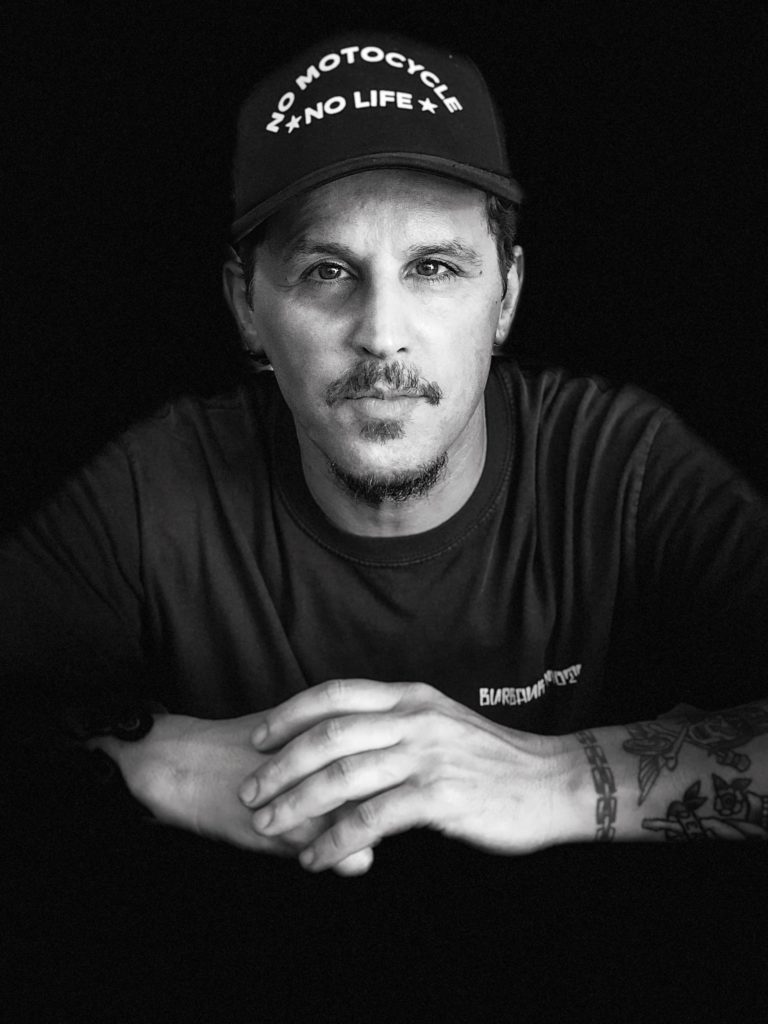
An inside look at the trials and tribulations of running a motorcycle shop
Words and photos by Jerry Turner
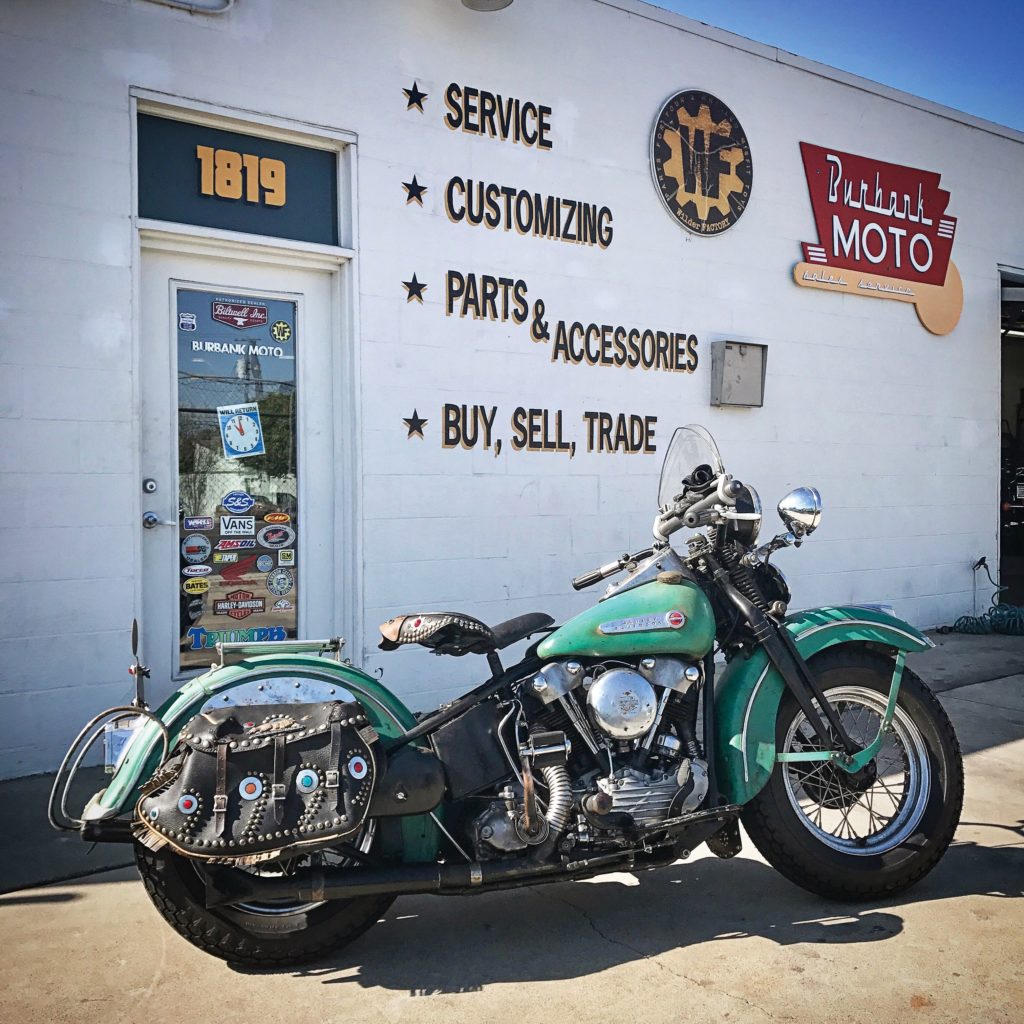
I know people who’d rather go see a dentist than go see a mechanic. “At least a dentist doesn’t try to up-sell you a root canal after a teeth cleaning,” I’ve heard.
I also know mechanics who’d rather have a root canal than deal with another over-entitled customer with a poorly-taken-care-of vehicle who expects it to run perfectly after undergoing a minor procedure.
A customer once told me, “You guys changed my rear brakes and now my headlight isn’t working! If you don’t take care of it, I’ll see you in court and I’m writing a bad Yelp review!”
“Well, I hope your brakes are working good,” I said with enough sarcastic politeness to ensure that the customer would wonder if their motorcycle may or may not stop when it needs to.
A talented, honest, reliable, detail-oriented mechanic is as rare as a parking spot in downtown San Francisco – or light traffic in LA County. But have you ever stopped to wonder why? Do you know why it’s hard to find a good mechanic? Well, I’m going to tell you—much to the dismay of some mechanics who’d rather I not spill the beans.
To be clear, I’m technically not a trained mechanic. I’m a businessman with a passion for motorcycles, kind of like that Gas Monkey guy, but with a little less cheese, I think. For almost 10 years I owned a motorcycle parts, service and customizing shop in Southern California. My two favorite things in this world are movies and motorcycles.
When I first moved from the Bay Area to LA I was looking to get into show business. Despite landing a few gigs, it never satisfied the thrill I was seeking, at least not on a permanent basis. So, I ‘retired’ from the movie biz when I turned 40 and opened my own motorcycle shop.
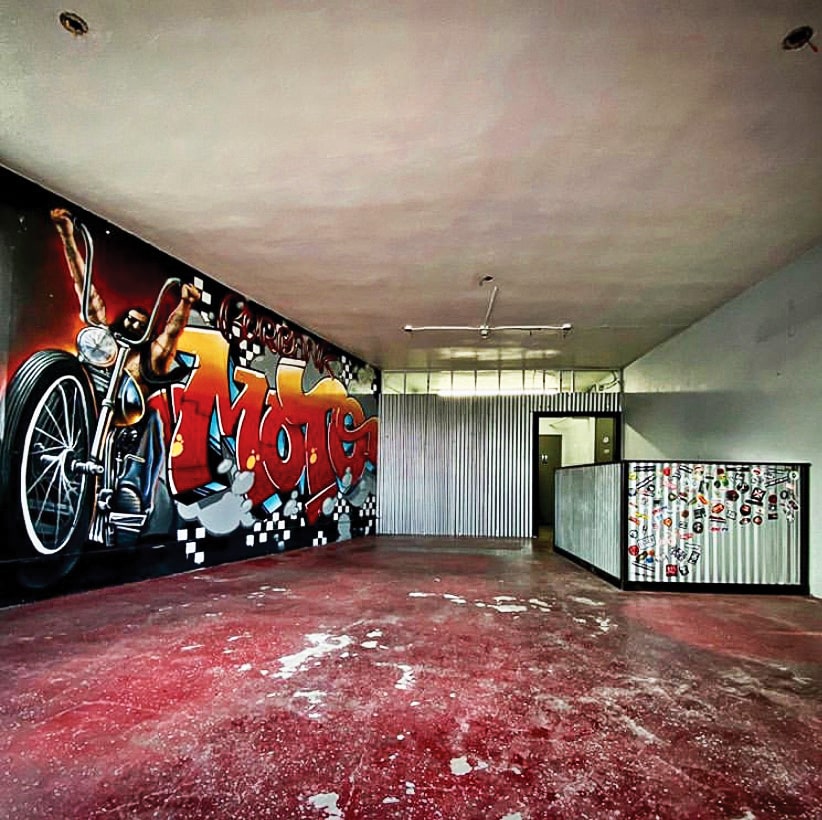
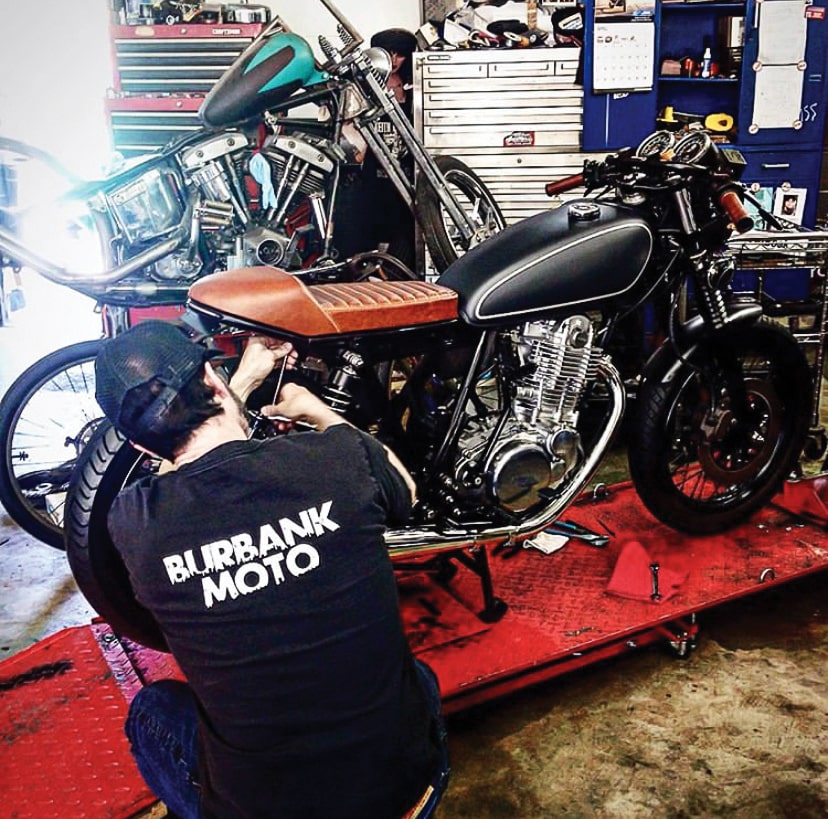
Comedian Katt Williams has a great bit about his first motorcycle. Everyone, including his Harley-riding bodyguard, told him he would eventually go down. Although he didn’t want to believe it, it was as certain that as much as someone may love motorcycles, they will eventually bite you in the ass. You just gotta hope the road rash isn’t too bad, mentally as much as physically.
My youth was spent obsessing over biker flicks like The Wild One, Wild Angels, Hell’s Angels 69 and, of course, Easy Rider. I gravitated toward these kinds of films after my dad and some buddies took me to the Grand National Roadster Show at the Oakland Coliseum in 1979 or so. Once inside, I was immediately awe-struck by the custom bikes that lined the outer perimeter of the coliseum in front of the concession and souvenir stands. That’s where I saw my first Arlen Ness custom bike – an Ironhead “Digger” with candy apple red paint, gold plating and enough engraving to make me wonder why I should ever pick up a pencil again. Then, a little further down the line, I saw a couple of Frisco-style choppers built to the nines by a local Hells Angels chapter. I was hooked. I didn’t care about the show cars in the main arena as I knew, even at the age of seven, that those guys and those machines could never be as cool as the denim vest-wearing patch-holders holding down security next to their own custom bikes.
During that era, some will argue that bike building was getting to be a circus of color and style, but you can’t argue the fact that the builders and mechanics were actually making a good living at it. In fact, those “bikers” that I would later meet as a teenager looking for his first chopper in the ’80s were sole providers for their families and doing well enough to send some of their kids to private schools and college.
Sure, some mechanics live up to the stereotype. But the strain of criminality in the business, ranging from the price gougers to the misrepresentation of parts and services, adds extra weight on the shoulders of the good guys just trying to run an honest and legitimate business.
After the built-for-TV chopper craze of the early 2000s, I noticed there were a ton of ‘builders’ sprouting up and there was a severe lack of service and parts outside of the typically overcharging dealers. There was an older shop in the East Valley I would order parts from, but the counter guy was a total dickhead. Even after shelling out a ton of cash every week for a couple months for the parts I wanted, he still didn’t know my name, treated me like a strung-out stranger and mocked everything I wanted to order for my bike.
“Screw this guy,” I said, “I’m gonna open my own shop!”
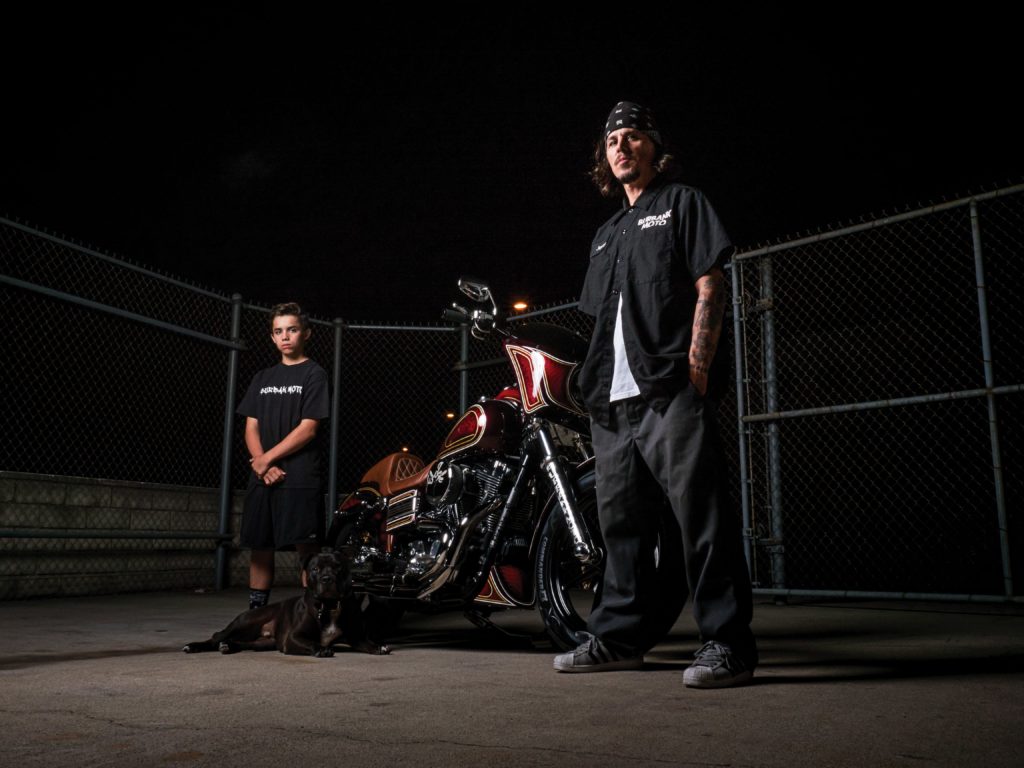
So I found a little storefront in town, close to home, and opened my own parts shop. I guess I wasn’t the only guy looking for a decent shop to get parts from because business immediately took off. I would try to treat everyone, even the unsavory types, the same way I wanted to be treated at Dickhead’s shop. Apparently, that business model worked, as I was able to open a second shop down the street that was big enough to service bikes and allowed me to start working on custom projects like the ones I grew up admiring.
Enter my first mechanic. Big Mike, we’ll call him, was a friend of a painter friend that was relocating from another state to California, mainly for the lifestyle. Big Mike owned his own shop prior to coming out and I was excited to learn as much about the service/repair side from him as I could. He was an amazing mechanic with an engineering background, and the man could fix or build anything for a motorcycle, or a car for that matter. I felt lucky to have him representing the shop and we developed goodwill in the neighborhood. For about the first year or so, things were great. Our clientele expanded, and we got orders to build custom bikes. Then it seemed Big Mike got overwhelmed, or maybe just frustrated with the amount of work we were getting and the realization of how much it costs to live in the Golden State.
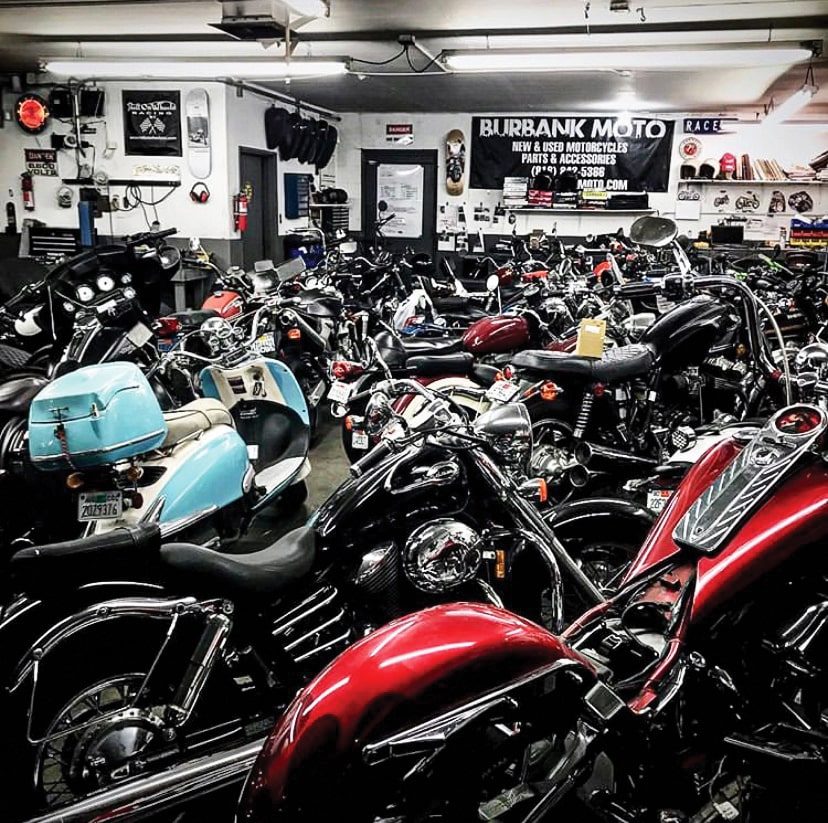
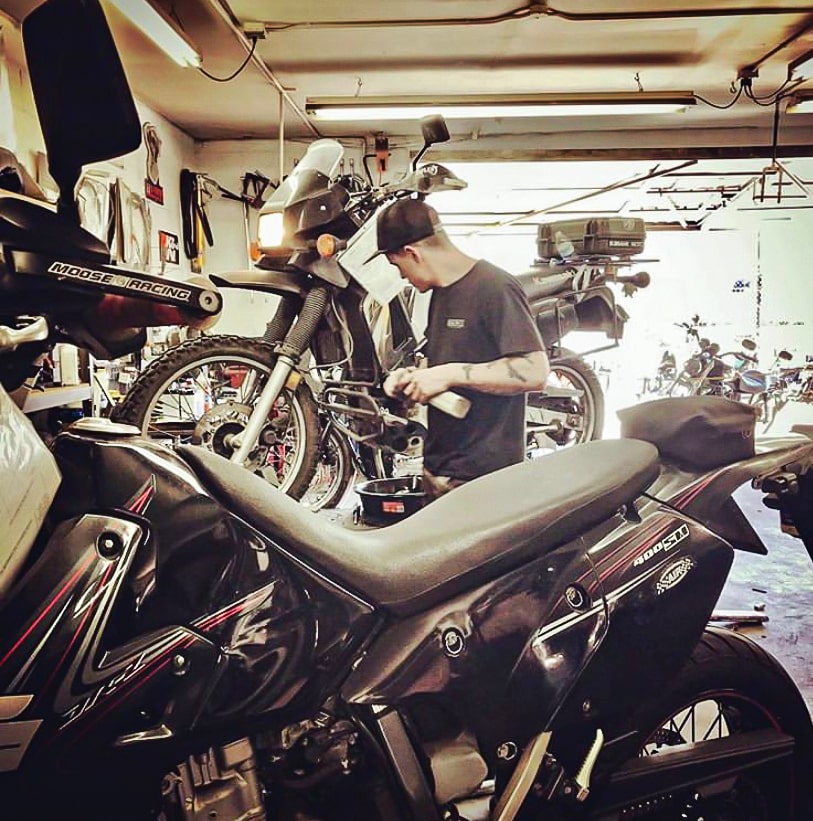
I’ll admit, as the owner of the business, I’d get discouraged if I didn’t think the quality of work was on par with my attention to detail. I can be a control freak with a micromanaging style for design aesthetic and Big Mike was a turn ’em and burn ’em kinda guy. Not the military fighter pilots’ definition of drop the bomb and get back to base fast, but the civilian definition of when a decision has been made, especially if it was a poor decision, you forget about it and move on with the next job.
This ideology drove me mad, so I decided to give our mutual friend, The Painter, we’ll call him, a more refined obligation of being the product-control manager. A job he clearly was suitable for … when he actually showed up. They say you should never go into business with, or hire, a friend. I was deaf to that knowledge and it started to cost me. I wish I could’ve paid Big Mike more money, even though he was making far more than me or anyone else, but the returns (jobs done for free because it wasn’t fixed right the first time) got to be expensive. The Painter probably used too much metal flake in his paintwork because it started to define who he became. Things started going bad and I couldn’t control the situation no matter how hard I tried or how much it kept me up at night.
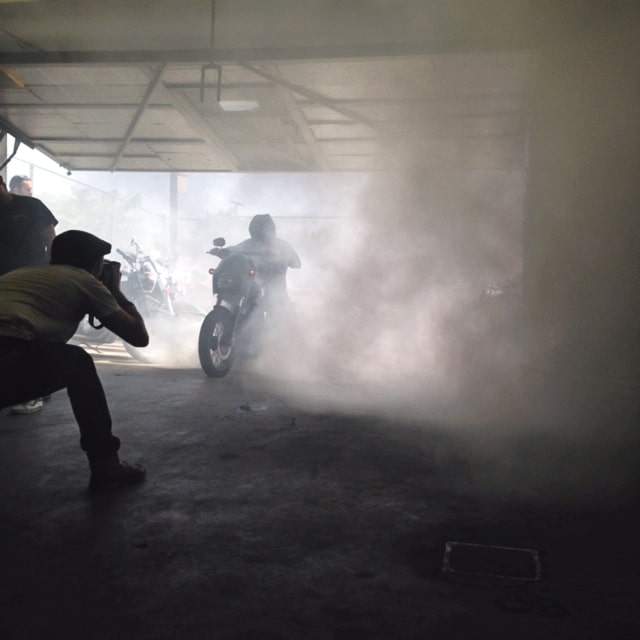
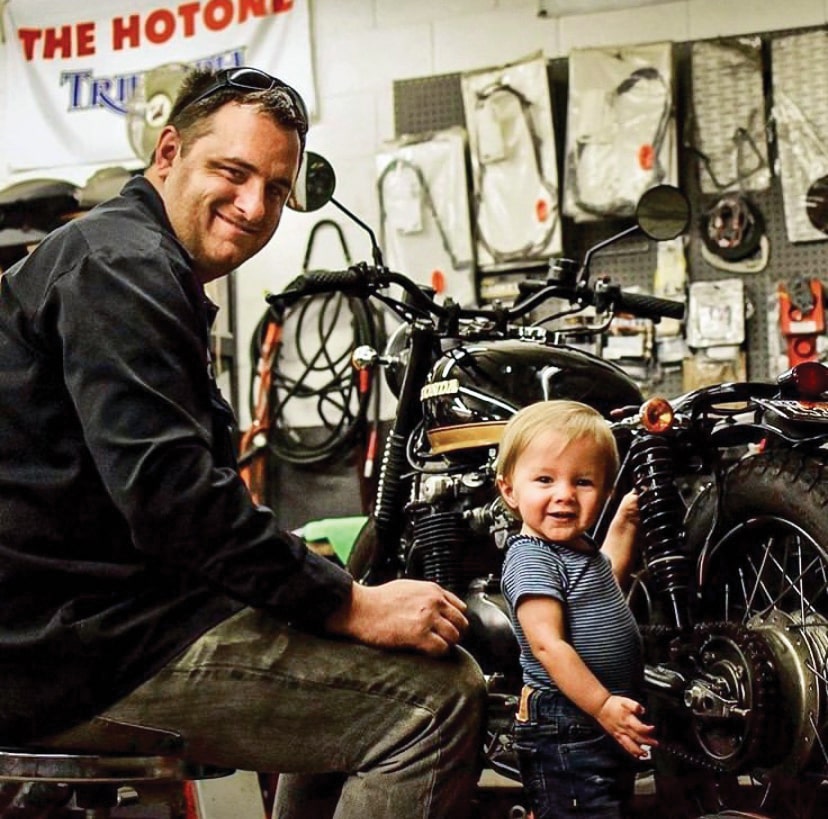
With the high cost of doing business in California, paying the bills and making payroll started to stress me out. Sometimes I’d rent the shop out to production companies looking for a place to film. But even though that paid well, it would get our workload behind schedule. Usually, I would pray that we’d get more insurance jobs because that’s where the bigger money is. If you came to me needing an insurance settlement because you crashed your bike or someone else wrecked your bike or if a bitter ex decided to do their best abstract expression on your paint job that would make Picasso envious, your insurance company will pay more in labor rates. And with the burgeoning online parts distributors, I’d make more money buying their OEM parts than the measly 10 or 15 percent wholesale you make from factory dealers. That being said, you’re still at the mercy of on-time deliveries of those parts, whether from distributors or from the likes of USPS, UPS, FedEx etc. And if I found what I needed on eBay or Craigslist, good luck with those sellers getting the parts out in a timely manner, or as described. These issues drove me crazy and it would make Big Mike nuts that I wasn’t doing my job quickly enough to make him extra money. It became more and more daunting to show up to work in that atmosphere. And if I had an unhappy customer, we were all going to be unhappy, I thought. I wasn’t going to bear the load myself.
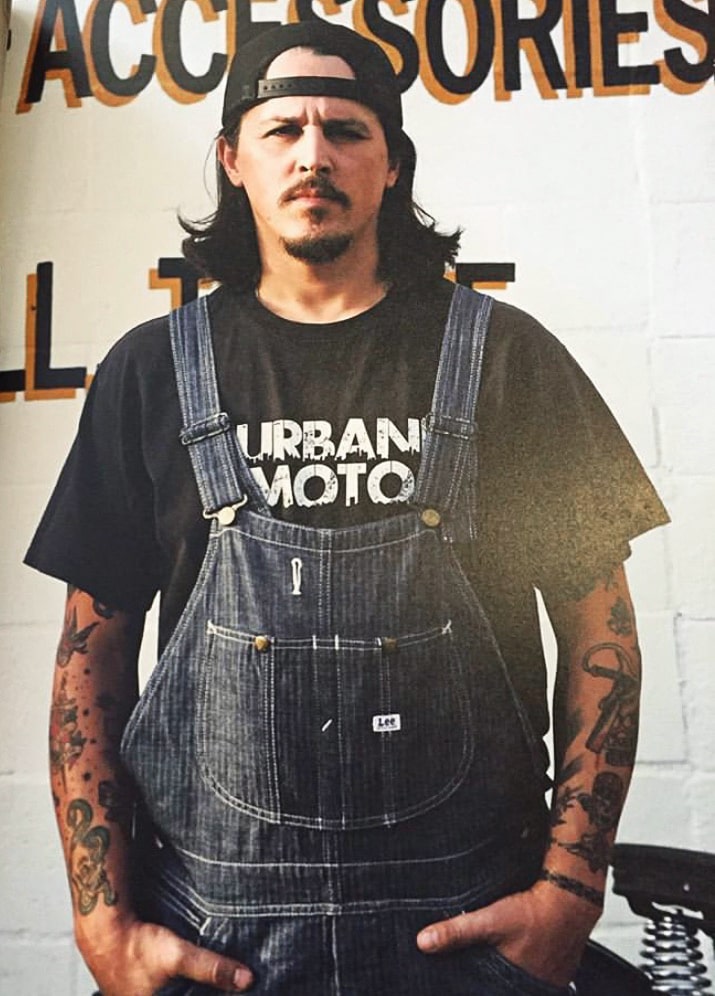
The work conditions got to the point where Big Mike finally quit to work for one of the corporate dealers, thinking it would ease his burden. It didn’t, but that’s another story. By this time, The Painter just stopped showing up altogether and now I was stuck, alone, to run a company too big for one person to handle. I did have a part-time counter woman helping with the parts division, but I still didn’t have the mechanical chops Big Mike had and it worried me to no end. [As a side note: if you ever need help in your shop ordering and selling parts, a woman does the best job if she knows the work. Guys won’t hassle a woman the way they will a man, and nowadays with more women riders they feel more comfortable with a lady behind the counter than just an all-male staff].
With the advent of online want ads, I thought it’d be easy to replace Big Mike. It wasn’t. In a good economy, you’d be surprised by the prima-donnas looking to be your mechanic. Even with a decent resume, some of these guys wanted as much per hour as the shop makes in hourly labor rates. WTF?! After a long, exhaustive search, I thought I learned my lesson with Big Mike and instead hired a talented younger guy full time and then a seasoned older guy to work part-time. The new plan was to concentrate on insurance work, oil, brakes and tire changes. Quick, easy and profitable.
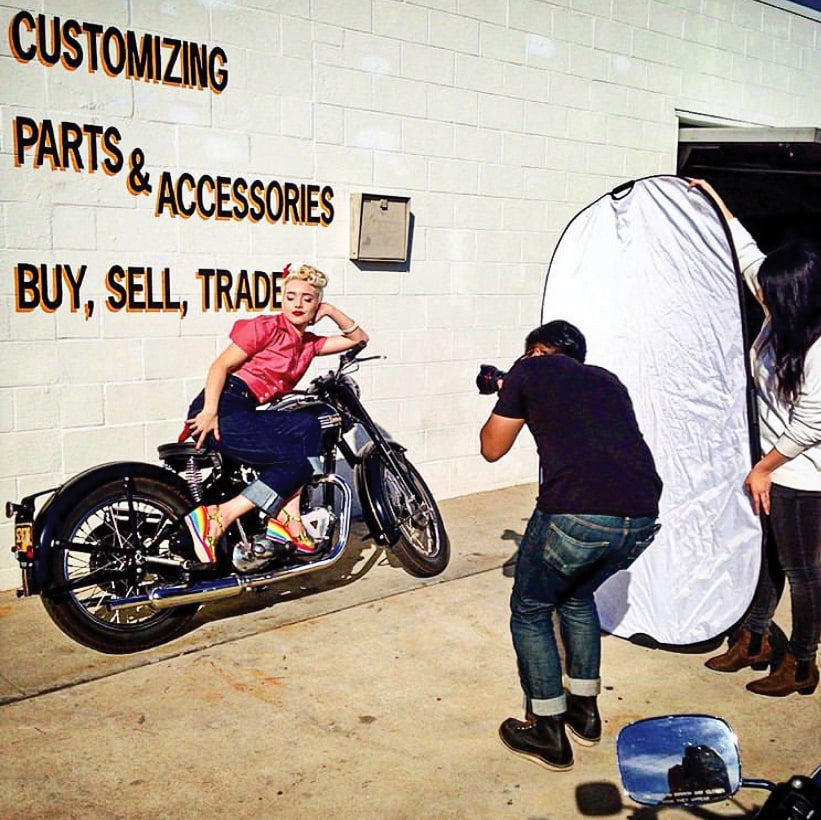
Things started to get back on track and in a month or two business starting rolling again…until my counter girl started having issues with the old guy. He treated her as if he were one of the top execs on Mad Men and she was his secretary. On top of that, I noticed he started to smell of the hippy cabbage when he’d get back from breaks. When I brought up the liability issue I’d have if he screwed someone’s bike up – or worse – while being in a purple haze, he said he should be able to do what he wanted as he was “helping me out.” I guess getting paid as an employee had nothing to do with helping him out at all, so I suggested it was time for him to kick the proverbial rock down the road.
This left me with the Younger Guy, we’ll call him, but I was content at the moment because he was a talented young mechanic. He was as proficient a mechanic as he was a musician and skateboarder. Some guys have all the luck, I thought. Not him. Even while being paid a good salary, by any standards, who knows what he did with his money. He got bounced from one apartment to another and had credit agencies trying to track him down all the time. “Tell them I don’t work here anymore,” he’d say to me when they came calling. He had an abundance of girlfriends, but he’d immediately stop working and run out the backdoor when two or more of them would visit him unannounced.
Around a month after I let the Old Guy go on his magic carpet ride, I hired another young guy I knew as a kid. His father had an automotive restoration business but tragically died in a slip-and fall-accident inside his shop. Huck, we called him, was talented in his own right and made up for what the Younger Guy lacked in disposition. Everyone, and I mean everyone, loved Huck. He was charming, goofy, strong as an ox and always had a smile on his face no matter what came his way. I dug the kid. He was what millennials weren’t supposed to be.
Unfortunately, in what became the darkest moment of the business, Huck was killed while riding his motorcycle on the 5 freeway in Los Angeles. The loss was unbearable to all of us, and things just weren’t the same after he passed. The Young Guy, who became good friends with Huck, completely broke down. He even stopped riding his own motorcycle, which he had ridden every day, rain or shine. His personal life got even worse and I started to notice things missing from the shop. Even with him knowing we had security cameras showing his theft, he still denied it, but I didn’t have the heart to let him go. Tensions got worse with us and despite trying to hold on to what was built, I started to unravel myself. I let a petty argument with the Counter Girl get the best of me and fired her…the best employee I’d ever had. Thankfully, she was picked up by a major motorcycle dealer and is now way better off than she was with me, even if she won’t admit it.
I came into this business with the best intentions. I wanted to fill a gap in the industry I thought was missing from the dealers and the old curmudgeons like the guy I used to buy from. I may have been naive to the nuances and minutia of business ownership – no, I was naive to it – but I love being around motorcycles. I got to ride hundreds of different makes and models and I also started to race them, which helped me overcome a long-standing fear.
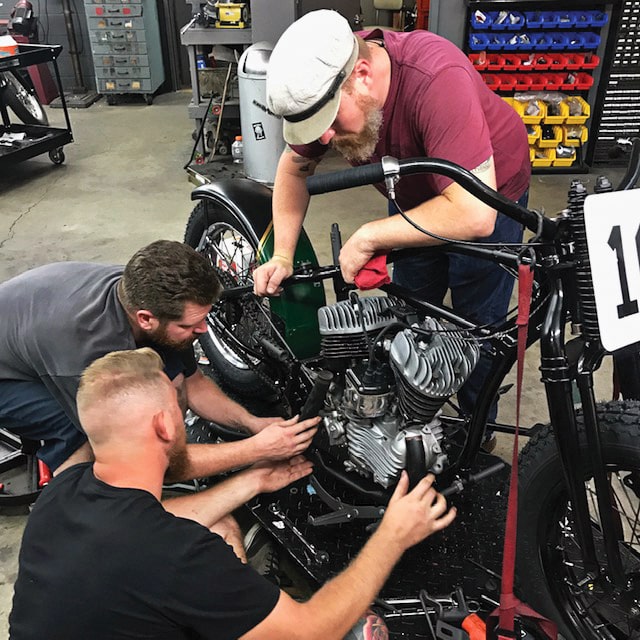
I admit that bikers aren’t the easiest folks to work with. Some are downright babies wrapped in tattoos and leather posing on Instagram, but most of you are the type of people that would give your last nickel to a person in need. The motorcycle community is never boring and I’m fortunate to have built some life-lasting relationships. I eventually hired another mechanic that turned out to be talented, reliable, trustworthy and just an all-around good guy. Unfortunately, it was too late. I started to shop around a motorcycle documentary I was intent on making and the interest in the project from producers got me thinking it was now time to step away from the shop to mix the things I love together – movies and motorcycles.
I saw a meme once that said: “Get a job doing what you love and ruin the one thing that makes you happy.” For a minute I thought maybe that was true, but it isn’t. Nothing worth having is easy, at least not something worth loving. I prefer: “People are loyal to their needs. When their needs change, so does their loyalty.”
In the fall of 2019, I sold my shop. I sometimes have seller’s remorse, especially considering the guy I sold it to lacks the character I know my customers came to appreciate. I hope to make it up to those customers in different ways, and something tells me the new owner is in for a world of hurt. Who knows, maybe he’ll beg me to take it back. And who knows… maybe I will.
Jerry Turner is a former art director for a Hollywood production company as well as a motorcycle shop owner from 2012-2019.
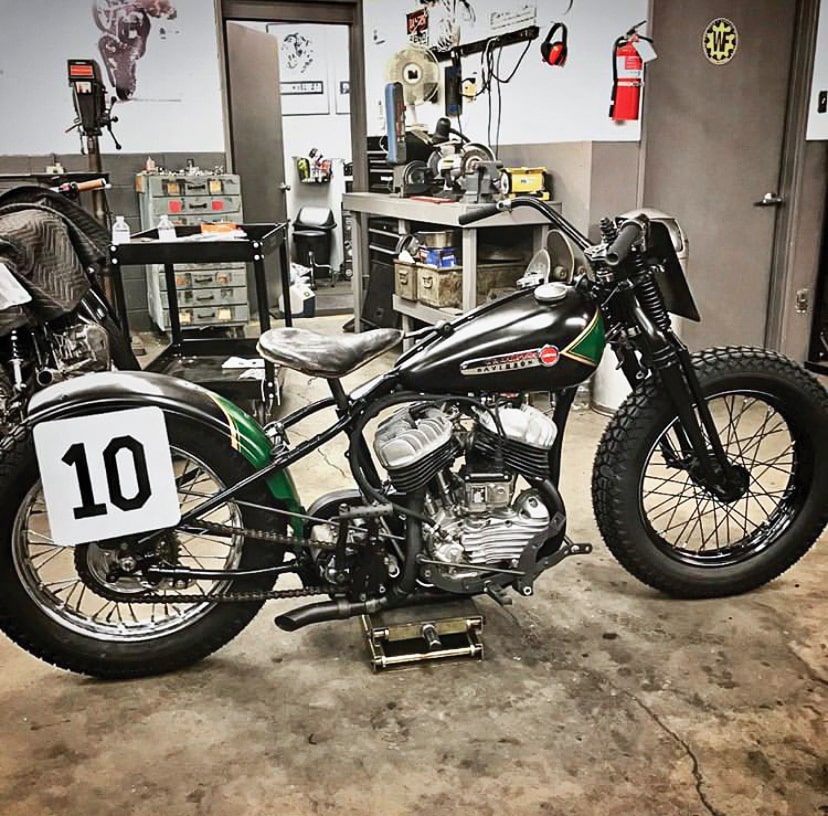

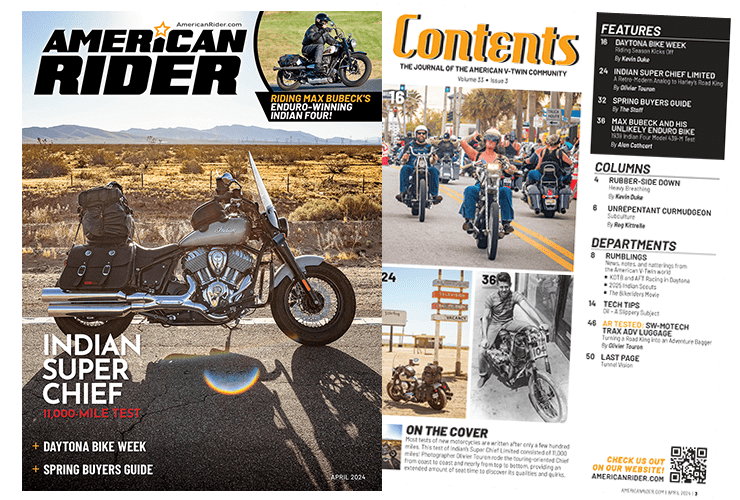


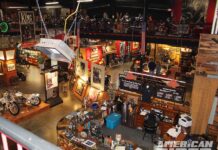

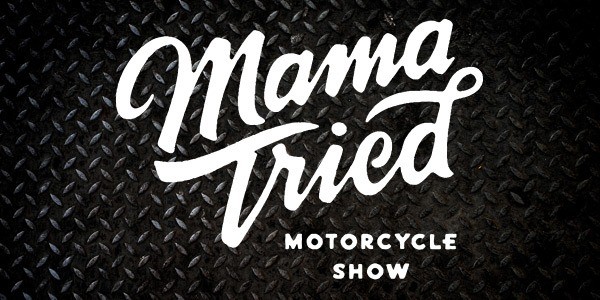
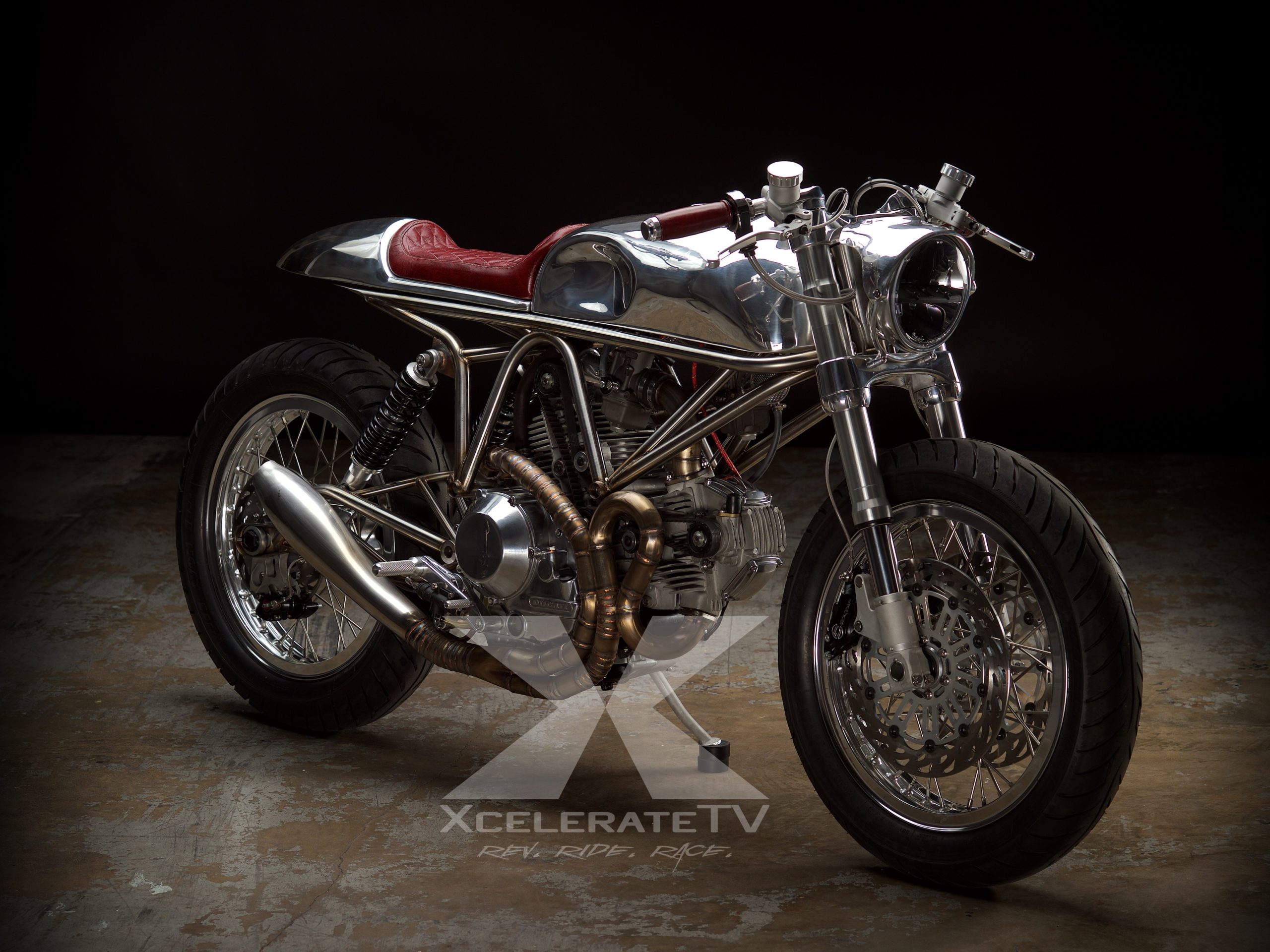
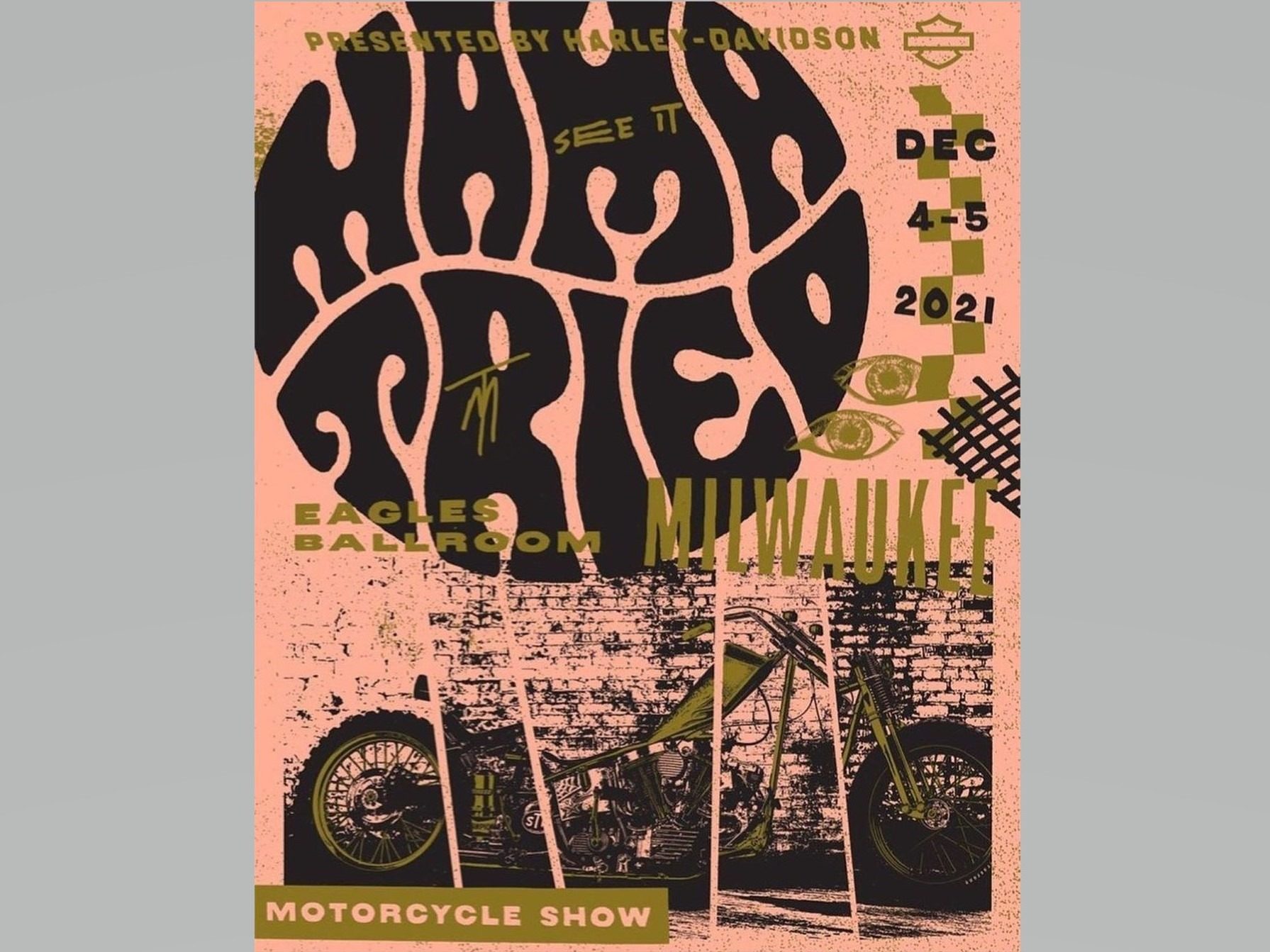











Man, this article mirrored my experience and validated my thoughts so perfectly! Thank you for writing it. I retired from the military in 2016 and opened my motorcycle shop just north of Salt Lake City, Utah. Every thing you wrote is such a mirror of my experiences, even down to the part time parts girl, the talented guy that quit, the druggies and the Karen style customers. Wow, it’s like I wrote the article and forgot that I did it. I am planning to off load my bike shop in the spring of 2022 and find work in aviation. The only thing that I love as much as motorcycles are airplanes. They are like bikes that fly!